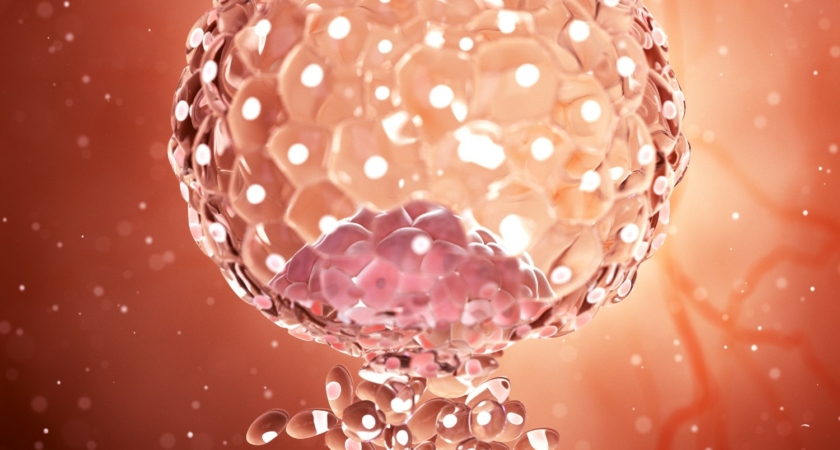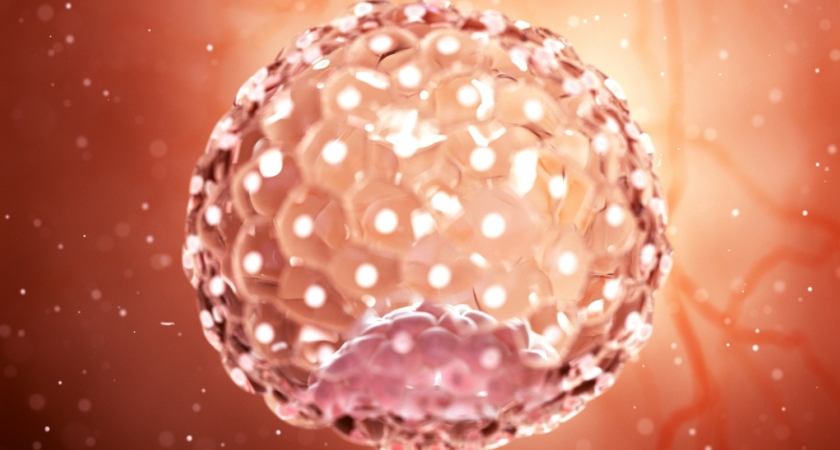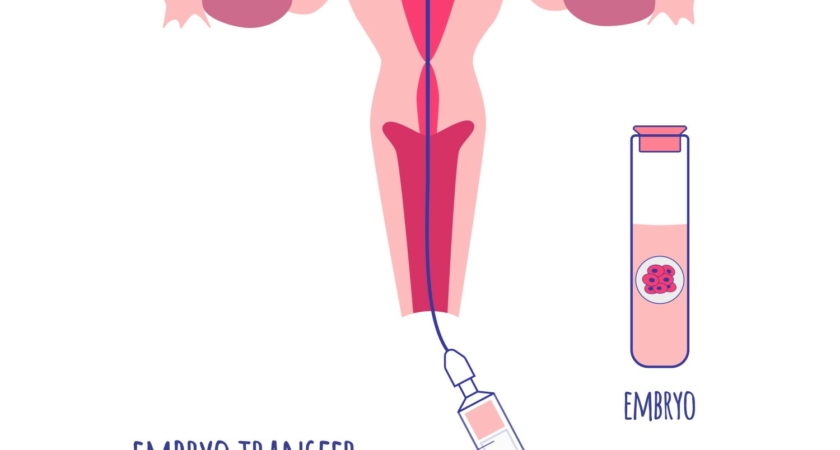Since 2010, egg freezing has been launched in cases where there was no partner in younger ages and the patient wanted to preserve their fertility unchanged over time. Eggs are also cryopreserved by the rapid freezing method and thawed when the patient desires to fertilise them and create a family with the right partner or…
In case you decide to join a fertilisation procedure with egg donation from a third donor, the procedure at each centre is almost the following.
After contacting our doctor and his direction to the appropriate team of the centre where you will get the donated eggs from, the necessary documents will be required to open…

Embryos throughout their development period, from fertilization to the blastocyst stage, are surrounded by a membrane called the zona pellucida.
The process of blastocyst hatching, under normal conditions, takes place on embryonic day 5, at the blastocyst stage, when the embryos create a hole in the zone that encloses them and thus escape from this…

All couples or single-parent families who are going to follow an IVF programme, according to Greek law they will need to provide the following documents to our secretariat before the laboratory procedures begin, i.e. before the fertilisation.
Identity cards or passports of the couple or of the lady alone in the case of a single-parent…

The embryo transfer usually takes place on the third day after the egg collection, in the embryonic stage of 6-8 cells. However, quite often the embryo transfer that is decided to take place at the blastocyst stage (5th -6th day of embryonic development) and it has been shown that the selection of embryos with good…

Choice of the right day for embryo transfer
The right day of embryo transfer for every woman is different as the implantation mechanisms change in every system. In order to achieve a pregnancy after the embryo transfer we need to manage the synchronisation of the cavity with the developmental stage of the embryos. Therefore the…

